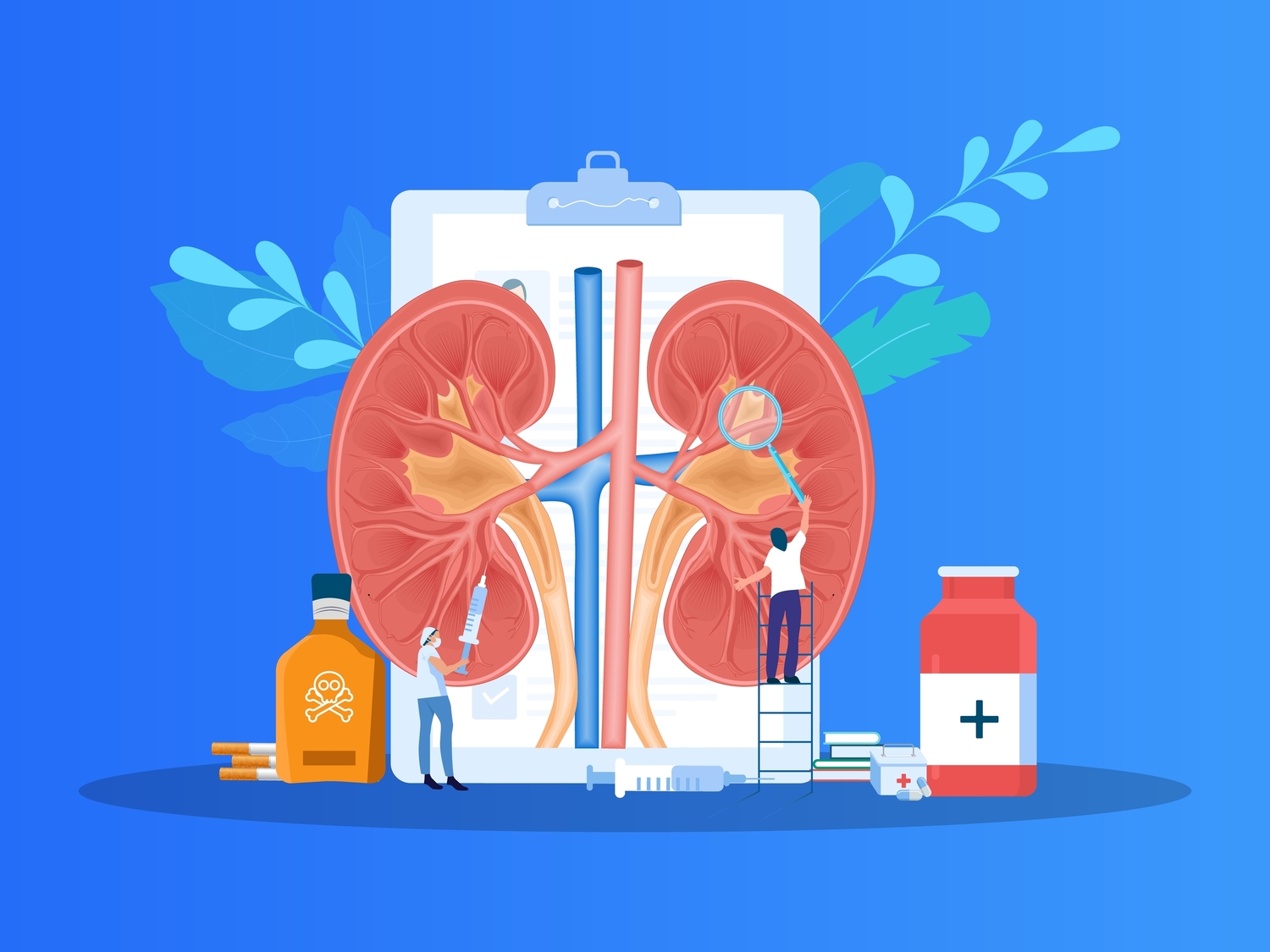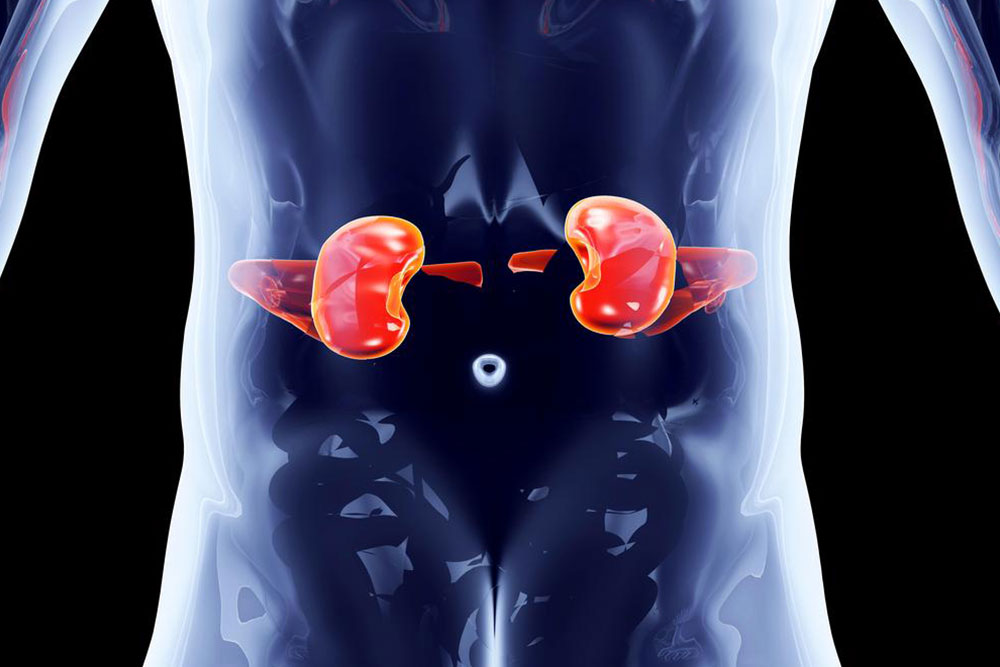Key Indicators of Kidney Health Issues and Tips for Preservation
This article highlights key signs of kidney problems, including fatigue, swelling, and urinary changes, and offers practical lifestyle tips to maintain kidney health. Early detection is vital for effective management and overall well-being. Learn how to identify symptoms and support your kidneys through proper hydration, diet, and medical check-ups.

Signs Indicating Kidney Problems
Our kidneys play a crucial role in filtering waste, excess fluids, and toxins from our bodies. Factors like poor diet, dehydration, and certain lifestyle choices can impair their function by allowing harmful substances to accumulate. Recognizing early symptoms is vital for timely treatment. This article outlines common signs of kidney trouble and shares practical tips to support kidney health effectively.
Chronic Fatigue and Weakness
Frequent Urination and Nighttime Urges
Needing to urinate often, especially during the night, can be an indicator of kidney issues. While it might also relate to conditions like diabetes, monitoring this symptom is essential.
Blood in Urine
Seeing blood in your urine, known as hematuria, suggests damage to the kidney’s filtering units, potentially indicating impairment.
Swelling in Limbs and Face
Difficulty in removing excess fluids may cause swelling in the legs, ankles, or feet. Puffy eyes in the morning might also point to protein leakage from kidney damage.
Skin Dryness and Itching
Persistent dry or itchy skin can signal waste product buildup or mineral imbalance associated with failing kidneys.
Sleep Difficulties
Accumulation of toxins can disrupt sleep patterns, leading to insomnia or restless nights due to poor kidney filtration.
Changes in Taste and Reduced Appetite
Waste retention may cause metallic tastes and a decline in appetite, making eating less pleasurable.
Blood Pressure Variations
Since kidneys help regulate blood pressure through sodium and enzyme control, damage can lead to hypertension.
Muscle Cramps and Weakness
Electrolyte imbalances, like low calcium or high phosphorus, may trigger muscle cramps and weakness.
Nausea and Digestive Issues
Accumulated waste can affect the gastrointestinal system, resulting in nausea and vomiting.
Ways to Support Kidney Well-being
Adopting healthy lifestyle habits can promote kidney health:
Maintain adequate hydration to facilitate toxin elimination.
Follow a nutritious diet rich in fruits, vegetables, and whole grains; limit salt and processed foods.
Engage in regular physical activity to control blood pressure and blood sugar levels.
Avoid smoking and excessive alcohol consumption to prevent organ damage.
Schedule routine medical check-ups to monitor kidney function, especially if you are at risk.
Detecting issues early and making lifestyle changes are essential for kidney health preservation. If symptoms persist, consult a healthcare professional promptly. Taking care of your kidneys supports your overall health and vitality.
Always seek professional medical advice for any health concerns or personalized treatment options.


